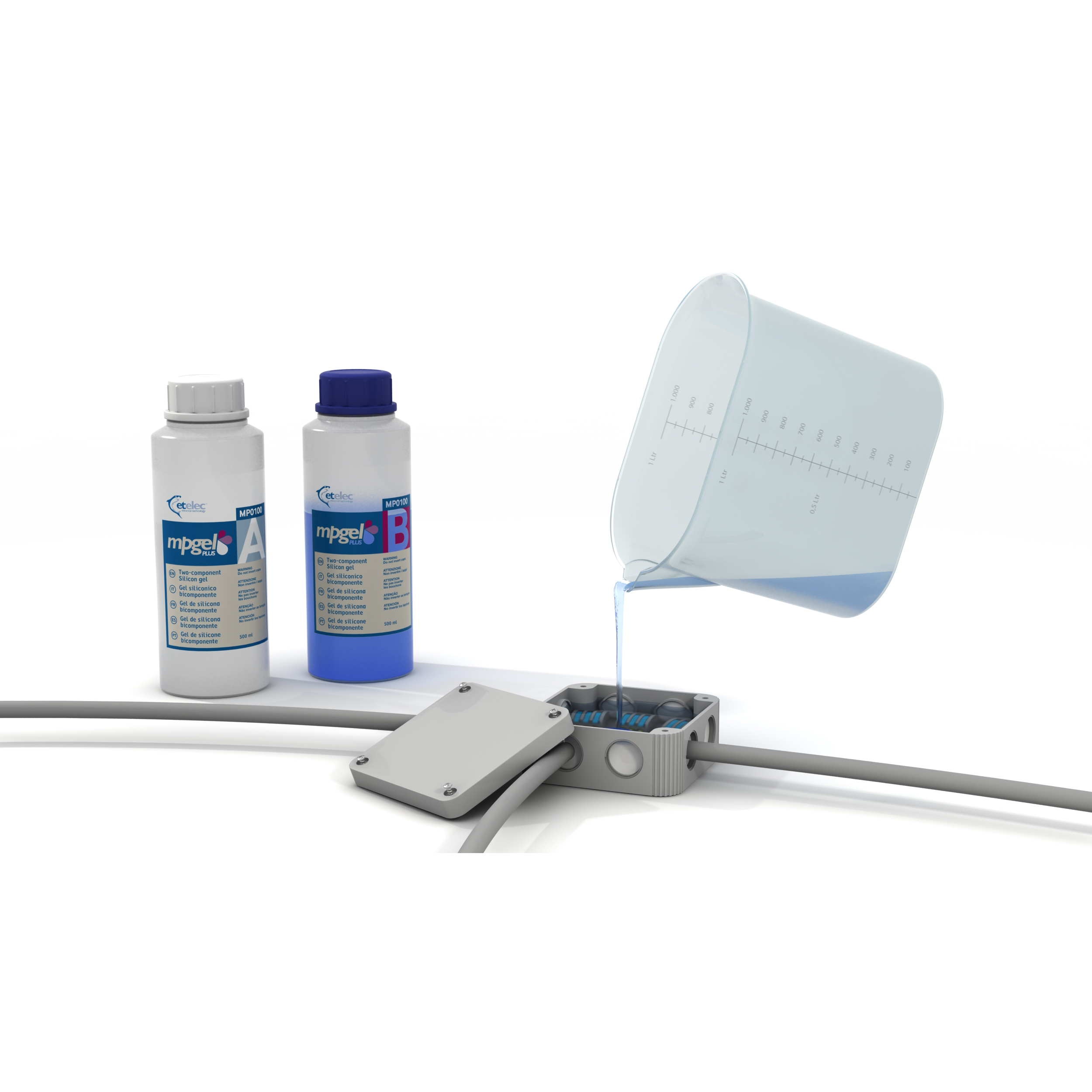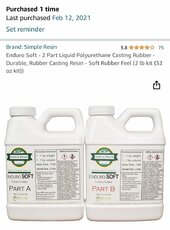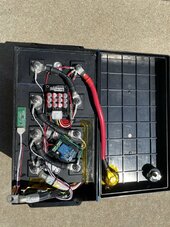Hello brilliant minds,
I'm working on a prototype for providing a lot more power than what current dive lights provide for cave diving. It's clear they are using a 4S Li-ion setup that lasts about 5 hours. The price is crazy for what it is. I wanted to see if I could build my own pack with a way longer runtime. My question of course is around water!
So I'm seeking suggestions on the best way to keep water out 100% always. I was thinking as a prototype to use some of the black PVC pipe and seal it. But then I also go to thinking about the batteries of which I haven't decided what I would use. I was thinking of encasing the whole battery pack once built in potting compound, but I dont know if that is a good idea or not, and I actually dont know where to get it and what brands are good. Also what would be a good recommendation for a type of power cable that can run from the lamp to the pack in the open water. Looking for the best highest quality durable cable possible. Cave divers are always scraping everything on rocks and the cable needs to be tough as nails. I would imagine that black pvc would have no problem with depths of 300ft but the pressure changes encountered inside concerns me about the batteries and electronics.
Lastly in the event of a flood of the compartment how can I protect the diver from injury?
I know it's somehow possible because not only myself but my fellow divers have flooded their lithium packs before and there was no reaction whatsoever and the batteries DID were completely submerged for extended periods of time upwards of 30-45mins.
Sadly I haven't caved dived in a long time and got rid of my gear, so I can reverse engineer anything. This is more of a "I wanna see if I can build a safe pack" kinda project for fun. Curious how someone experienced with packs and water specifically have to say.
Cheers,
I'm working on a prototype for providing a lot more power than what current dive lights provide for cave diving. It's clear they are using a 4S Li-ion setup that lasts about 5 hours. The price is crazy for what it is. I wanted to see if I could build my own pack with a way longer runtime. My question of course is around water!
So I'm seeking suggestions on the best way to keep water out 100% always. I was thinking as a prototype to use some of the black PVC pipe and seal it. But then I also go to thinking about the batteries of which I haven't decided what I would use. I was thinking of encasing the whole battery pack once built in potting compound, but I dont know if that is a good idea or not, and I actually dont know where to get it and what brands are good. Also what would be a good recommendation for a type of power cable that can run from the lamp to the pack in the open water. Looking for the best highest quality durable cable possible. Cave divers are always scraping everything on rocks and the cable needs to be tough as nails. I would imagine that black pvc would have no problem with depths of 300ft but the pressure changes encountered inside concerns me about the batteries and electronics.
Lastly in the event of a flood of the compartment how can I protect the diver from injury?
I know it's somehow possible because not only myself but my fellow divers have flooded their lithium packs before and there was no reaction whatsoever and the batteries DID were completely submerged for extended periods of time upwards of 30-45mins.
Sadly I haven't caved dived in a long time and got rid of my gear, so I can reverse engineer anything. This is more of a "I wanna see if I can build a safe pack" kinda project for fun. Curious how someone experienced with packs and water specifically have to say.
Cheers,








